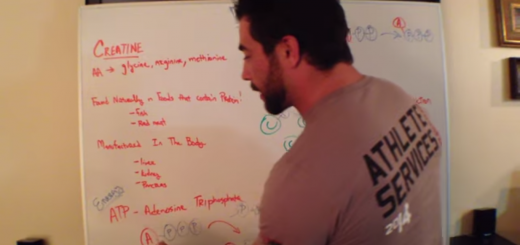The Female Athlete Triad, Part 3: Prevention and Coaching Implications
Part 1 and Part 2 can be found here. Long term, athletes need to have an open relationship with their coaches and athletic staff. In this way, concerns are addressed immediately and safely and preserve the athlete’s autonomy as well as increases their chances of athletic success.
In our first and second segment of the female athlete triad series, we discussed the etiology of the triad spectrum and screening and treatment strategies. In the third part of this series we will discuss prevention and implications for coaching athletes with this condition.
Prevention:
 The first step in prevention the female athlete triad is educating athletes, coaches, trainers, and parents. Athletes should be educated about basic nutrition concepts, burn out and over training, rest and recovery, healthy weight management, energy levels, and bone health. Female athletes, regardless of sport, should have a solid understanding of the importance of a healthy menstrual cycle.
The first step in prevention the female athlete triad is educating athletes, coaches, trainers, and parents. Athletes should be educated about basic nutrition concepts, burn out and over training, rest and recovery, healthy weight management, energy levels, and bone health. Female athletes, regardless of sport, should have a solid understanding of the importance of a healthy menstrual cycle.It is also recommended that females keep a record of their monthly period, and consult a physician if they have menstrual dysfunction. Athletes should be encourages to seek counseling and consultation from a nutritionist to formulate an appropriate nutrition plan that is specific to their sport and energy needs. Open communication between athletes and their coaches, trainers, parents and medical professionals should be always available if they sense a problem or need to ask a question.
Implications for coaching:
Coaches should advise athletes on basic nutrition concepts, emphasizing that nutrition is an essential element of sports training and performance. Coaches should focus on cultivating a positive body image and a holistic perspective on training, nutrition, rest, and recovery. The NCAA, recommends de-emphasizing weight loss as a factor in performance, and frequent weigh-ins or punitive consequences for weight gain are not recommended. Coaches, trainers, and teammates should avoid pressuring athletes to diet and lose weight quickly. Coaches should have referrals for athletes in need of additional care including; nutritionists, counselors, and medical personnel.
Athletes should be encouraged to seek consultation and treatment immediately, when any symptomology might be present to prevent further complications. The best time to educate and screen for triad related symptoms is during sports participation physicals and yearly wellness check ups. Parents, coaches, medicine professionals, and athletes should be aware that even moderate dieting or poor nutrition combined with any menstrual cycle changes can be early indicators of the spectrum of the triad.
Original article by: Mindith Rahmat at breakingmuscle.com





